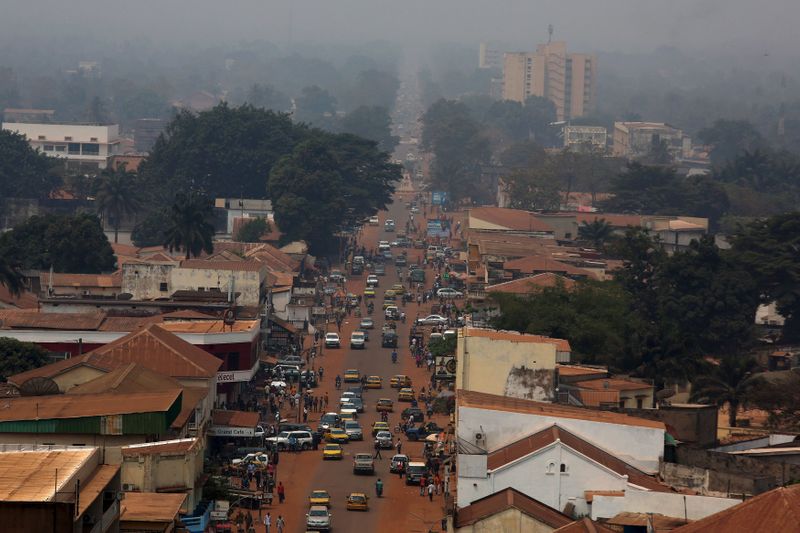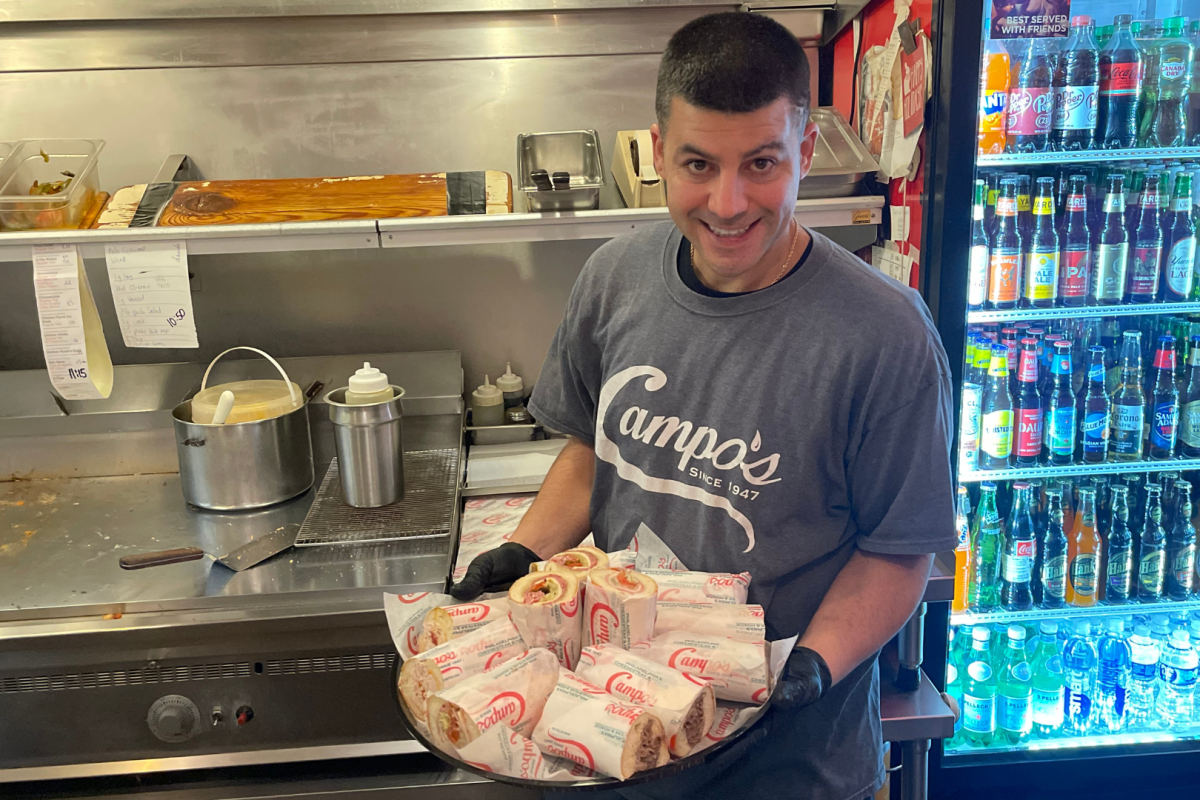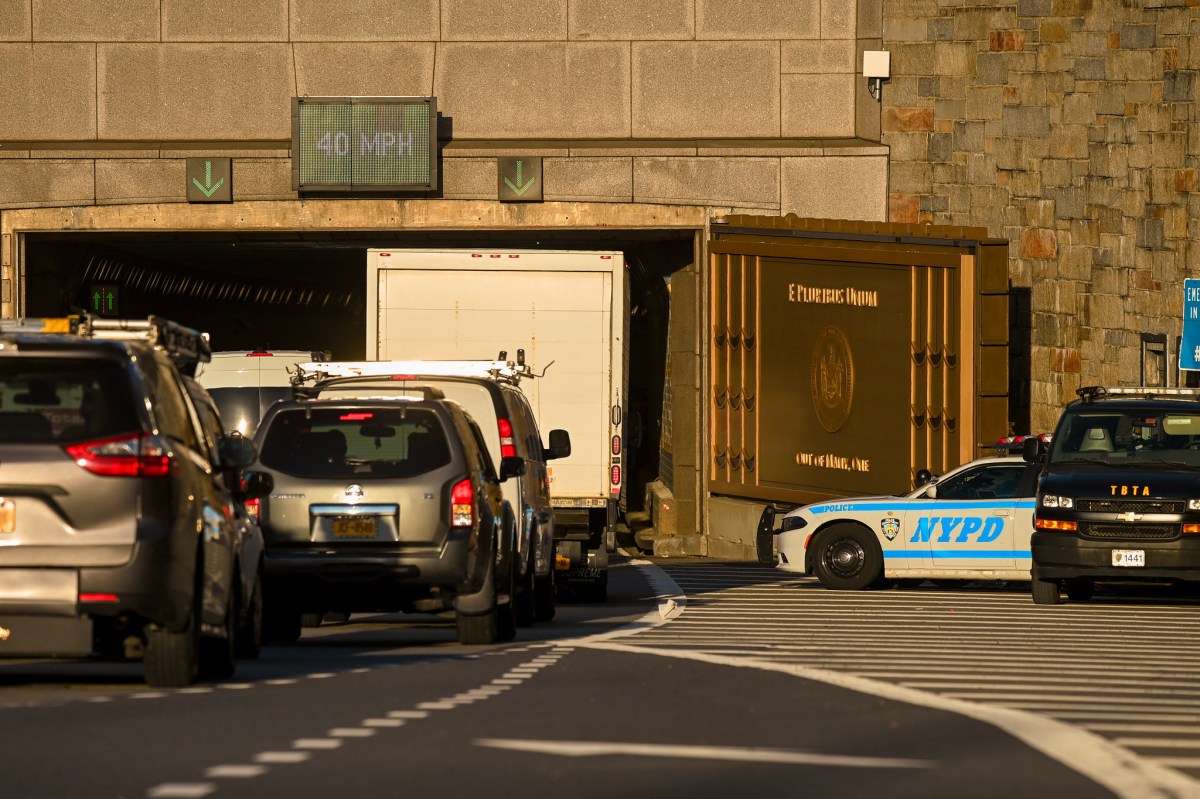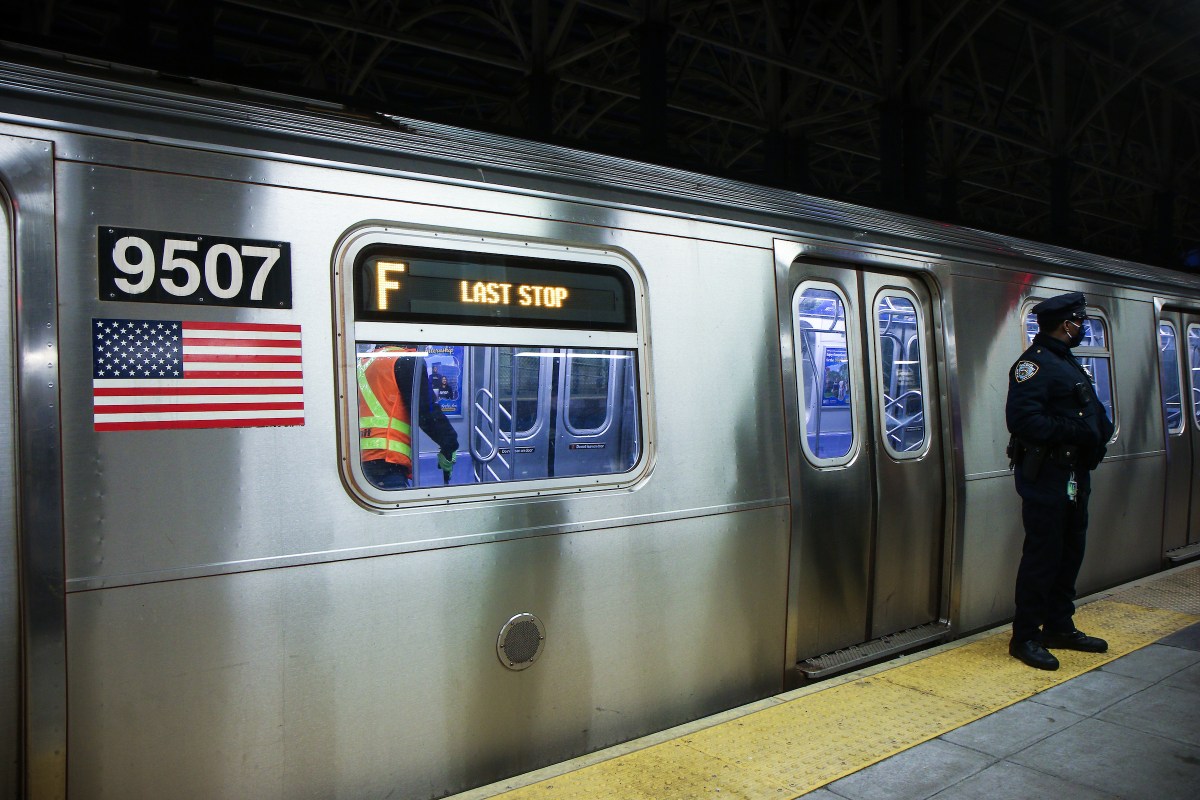BANGUI (Reuters) – Central African Republic’s main opposition coalition on Sunday demanded the Dec. 27 election be postponed due to violence by armed groups outside the capital Bangui, but the government insisted the vote would go ahead.
On Saturday, the authorities accused former president Francois Bozize of plotting a coup after his candidacy was rejected. United Nations peacekeepers also dispersed armed rebel groups occupying roads and towns near Bangui.
Fighting was going on in several towns, including Mbaiki, about 100 km (62 miles) from Bangui on Sunday, according to one security source and two humanitarian sources.
The opposition alliance, called Cod2020, which includes Bozize, said violence was preventing presidential and parliamentary candidates from campaigning and had led to the destruction of electoral material and threats in almost all provincial centres, without providing details.
In a statement, it “noted the impossibility of pursuing an electoral campaign in current insecure conditions,” and demanded the postponement of the vote until stability is restored.
In response, the government said it was doing everything possible to ensure the vote could take place as planned, deploying troops alongside U.N. peacekeepers to regain control of occupied towns.
“There is no plan B, the elections will take place on December 27,” government spokesman Ange Maxime Kazagui said.
A number of planes from Russia, an ally of President Faustin-Archange, landed in Central African Republic this weekend, the security source and a source at the airport said.
The Russian foreign ministry did not respond to a request for comment on whether Russia had sent planes. It has previously sent arms and security contractors to CAR, while Russian national Valery Zakharov is a security adviser to Touadera.
In a statement on Saturday, the Russian foreign ministry said a representative had talked with CAR’s foreign minister by phone to reaffirm Russia’s support for the country and its government’s efforts to ensure security.
Touadera, who is seeking re-election, has struggled to maintain stability.
Bozize was ousted in 2013 by mainly Muslim Seleka rebels, prompting reprisals from mostly Christian militias and plunging the country into a civil war.
He could not be reached for comment on the government allegations he had plotted with members of his family and a number of armed groups to attack two towns near Bangui.
(Reporting by Antoine Rolland; Additional reporting by Polina Ivanova in Moscow; Writing by Alessandra Prentice,; Editing by Louise Heavens and Angus MacSwan)

























